Operation Indonesia 2025 Recap
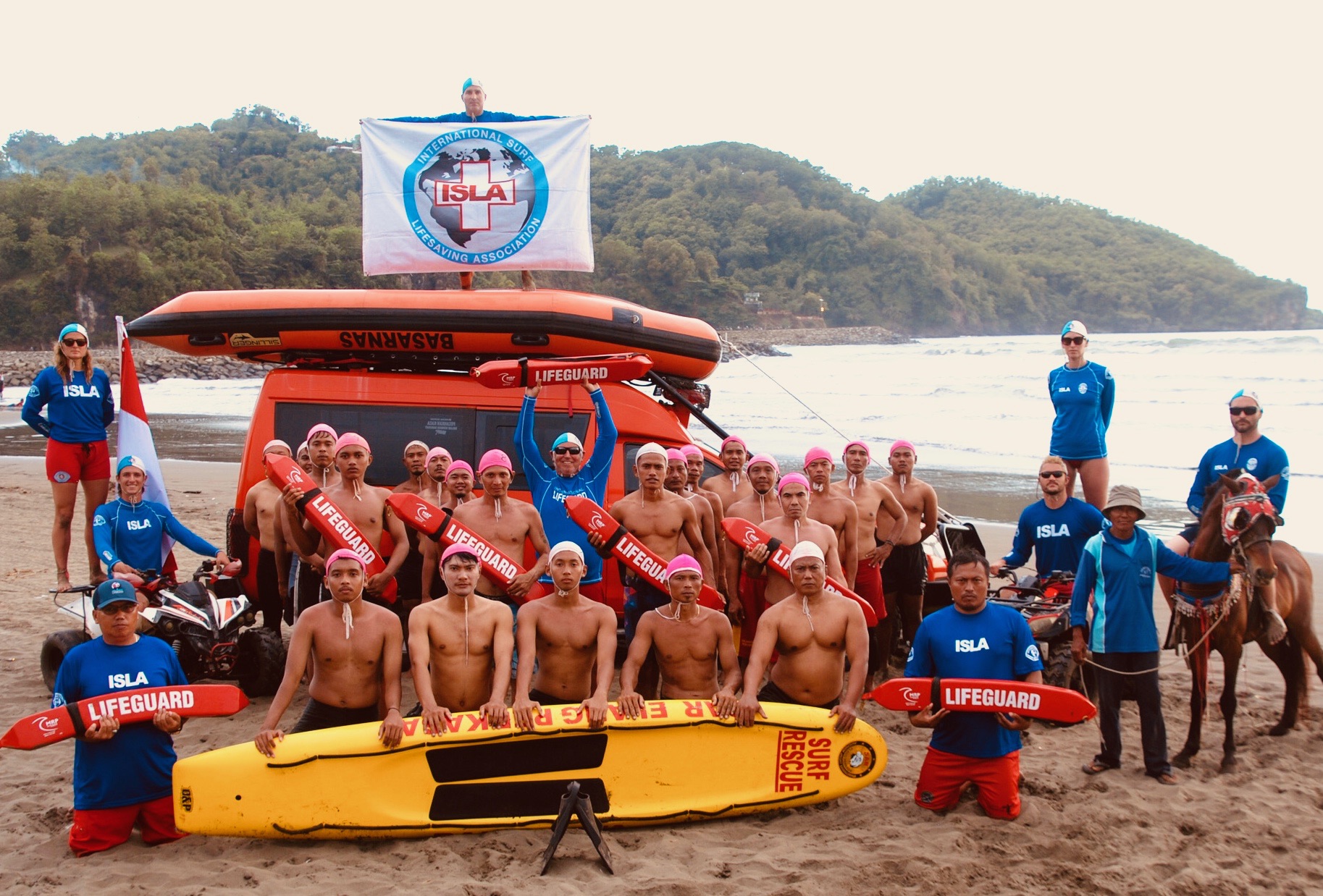
ISLA embarked on its 5th operation to Indonesia, conducting a Basic Open Water Rescue Course at Jetis Beach, Kebumen, near Yogyakarta. This mission brought together a team of seven international lifeguards from the USA, Argentina, and Australia to train 22 lifeguard cadets over a four-day Basic Open Water Lifeguard Academy. The cadets, representing Balawista National Lifeguards, came from diverse aquatic backgrounds—including pools, lakes, rivers, and ocean fronts. By the end of the training, we had developed six certified lifeguards and 16 safeguards, reinforcing our mission to reduce drowning incidents and enhance water safety awareness in this high-risk area.
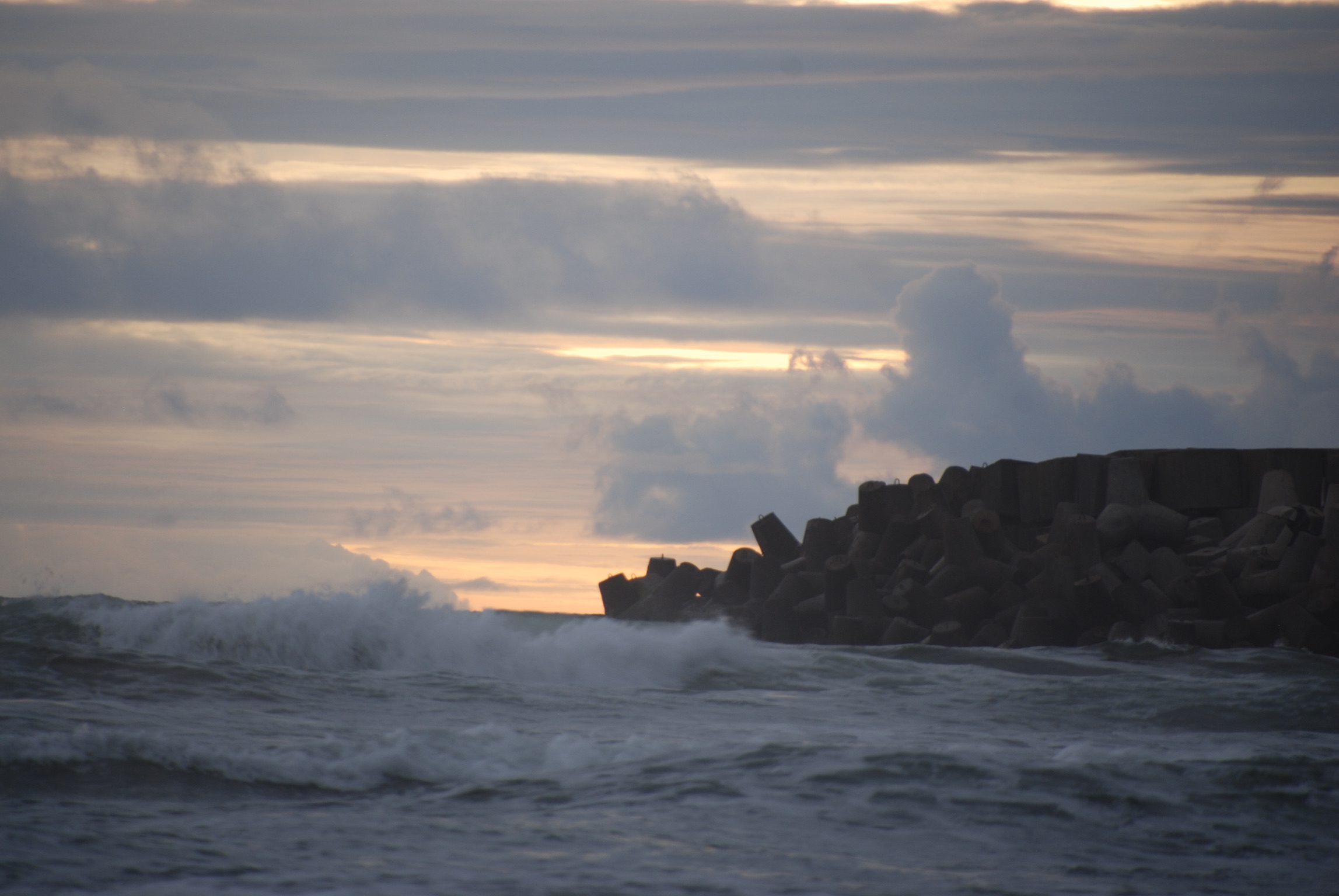
Understanding Jetis Beach Hazards
Jetis Beach presents significant dangers due to its structural jetties, powerful rip currents, and a nearby river mouth that increases water movement risks. Our training aimed to equip lifeguards with the necessary skills to navigate these hazards while ensuring public safety.
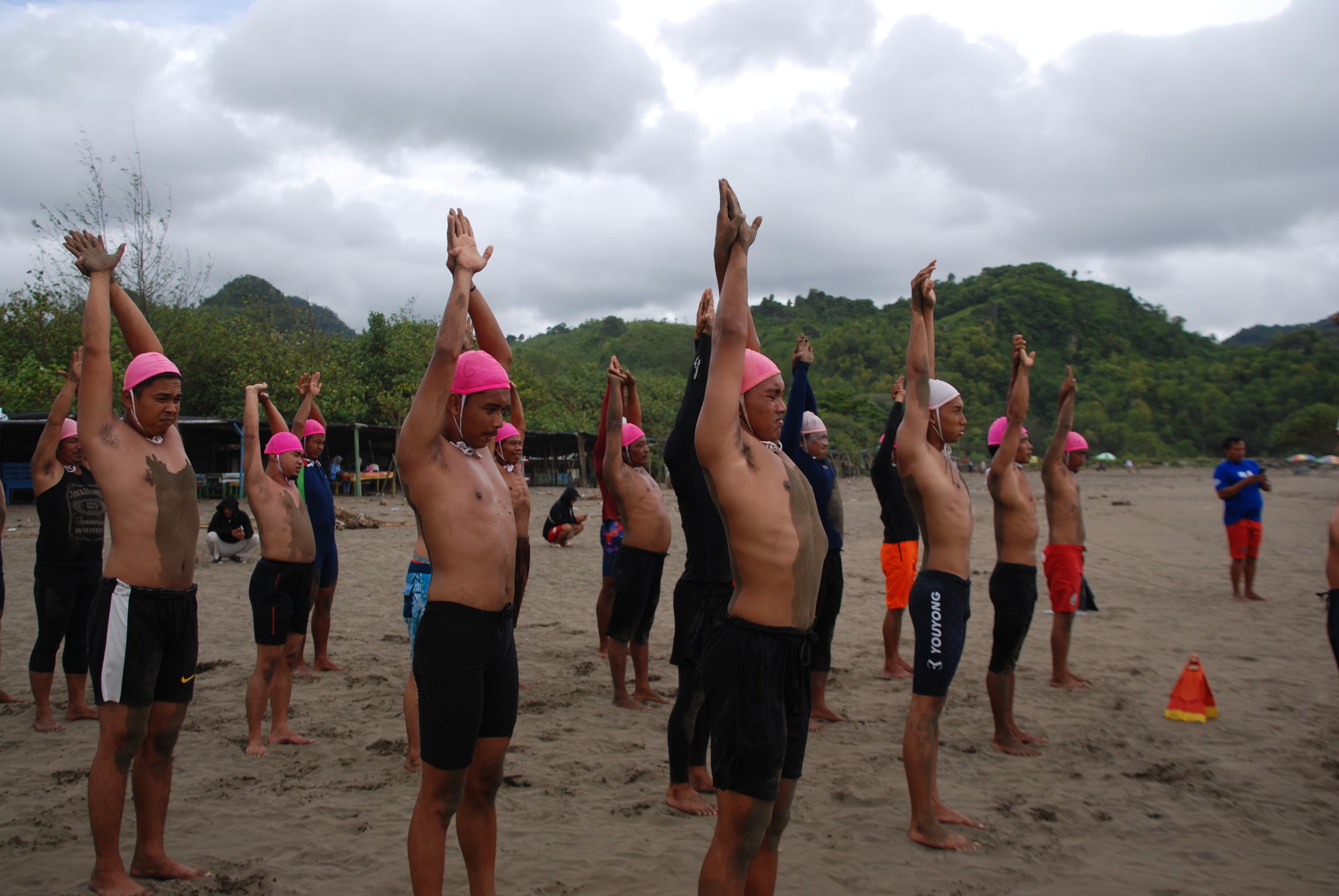
Training Highlights
The program commenced with an opening ceremony attended by government officials, all unified by the goal of creating safer beaches through well-trained lifeguard personnel. The training combined theoretical knowledge with hands-on beach and ocean skill development.
Day 1: Focused on physical conditioning and rescue techniques. Lifeguards completed a 500-meter open water swim, emphasizing the importance of strong swimming skills. Practical sessions covered rescues with and without equipment.
Day 2: Transitioned into advanced lifesaving techniques, particularly resuscitation efforts—emphasizing the principle that “drowning victims need AIR!” Participants were also introduced to rescue board techniques, basic first aid, and pattern searches.
Day 3: Culminated in both written and practical assessments. The highlight was a surf rescue simulation requiring each lifeguard to execute a complete rescue—from victim retrieval to onshore resuscitation. The day ended with a lively beach flags competition, showcasing agility, speed, and competitiveness among participants. Additionally, a special river rescue training was conducted, recognizing Indonesia’s many inland water hazards.

Cultural Immersion & Team Building
After days of rigorous training, our team enjoyed a well-earned cultural experience, courtesy of the Ministry of Tourism. The festivities included a village cultural ceremony with folklore dancing, exotic food, and community interaction. A series of adventurous activities followed—caving, amusement park rides, and a thrilling tubing experience down Class 3 rapids. The day ended with a scenic sunset float and a celebratory dinner.
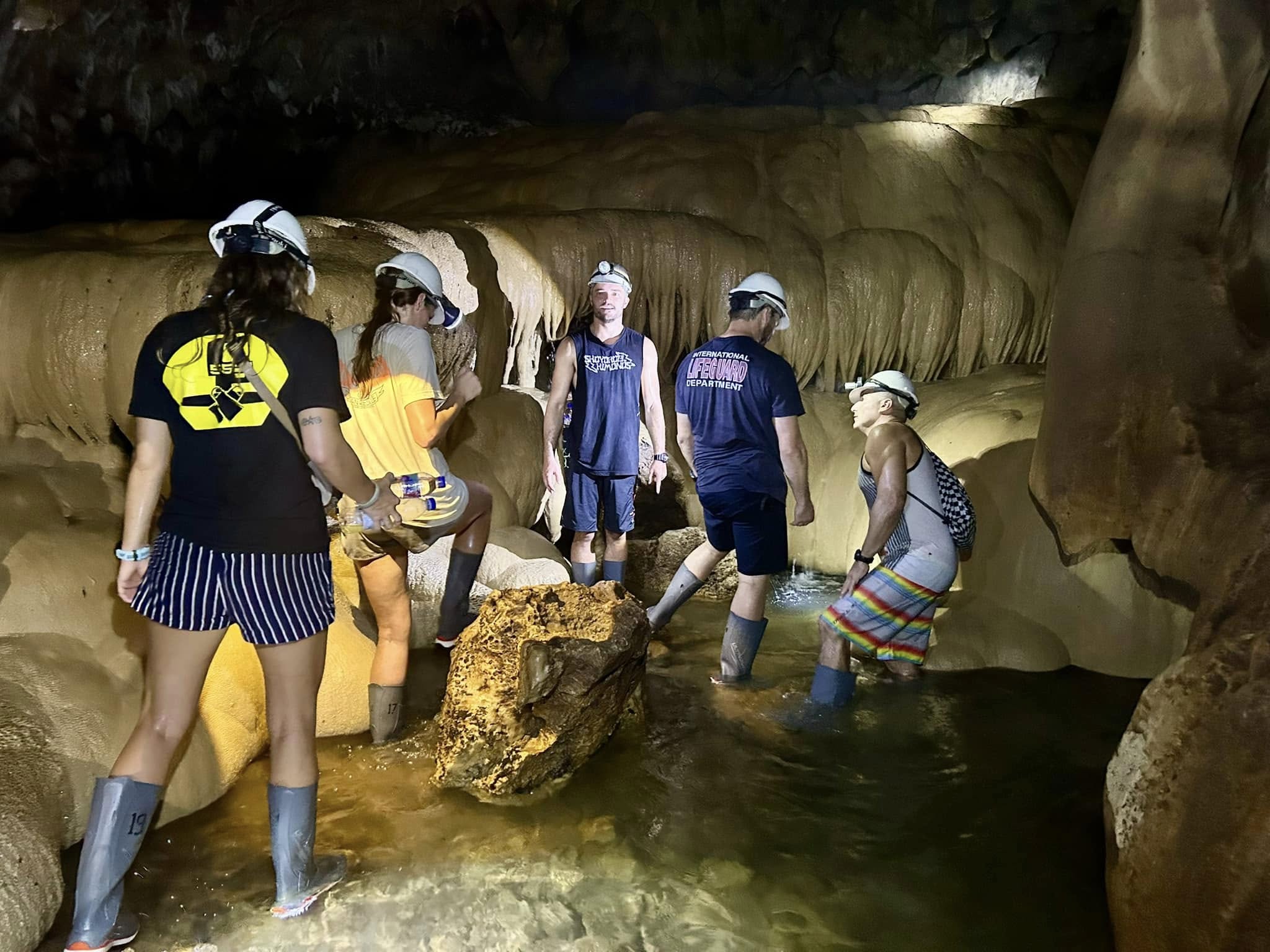
Leadership & Lifeguard Mentality
As Operation Commander, my primary objective was to foster leadership at all levels—allowing ISLA lifeguards to lead and mentor while empowering cadets to teach their peers. We emphasized a proactive approach to prevention: “I can, I will, I choose to!” By instilling urgency and purpose in every action, we cultivated a mindset of preparedness and professionalism.
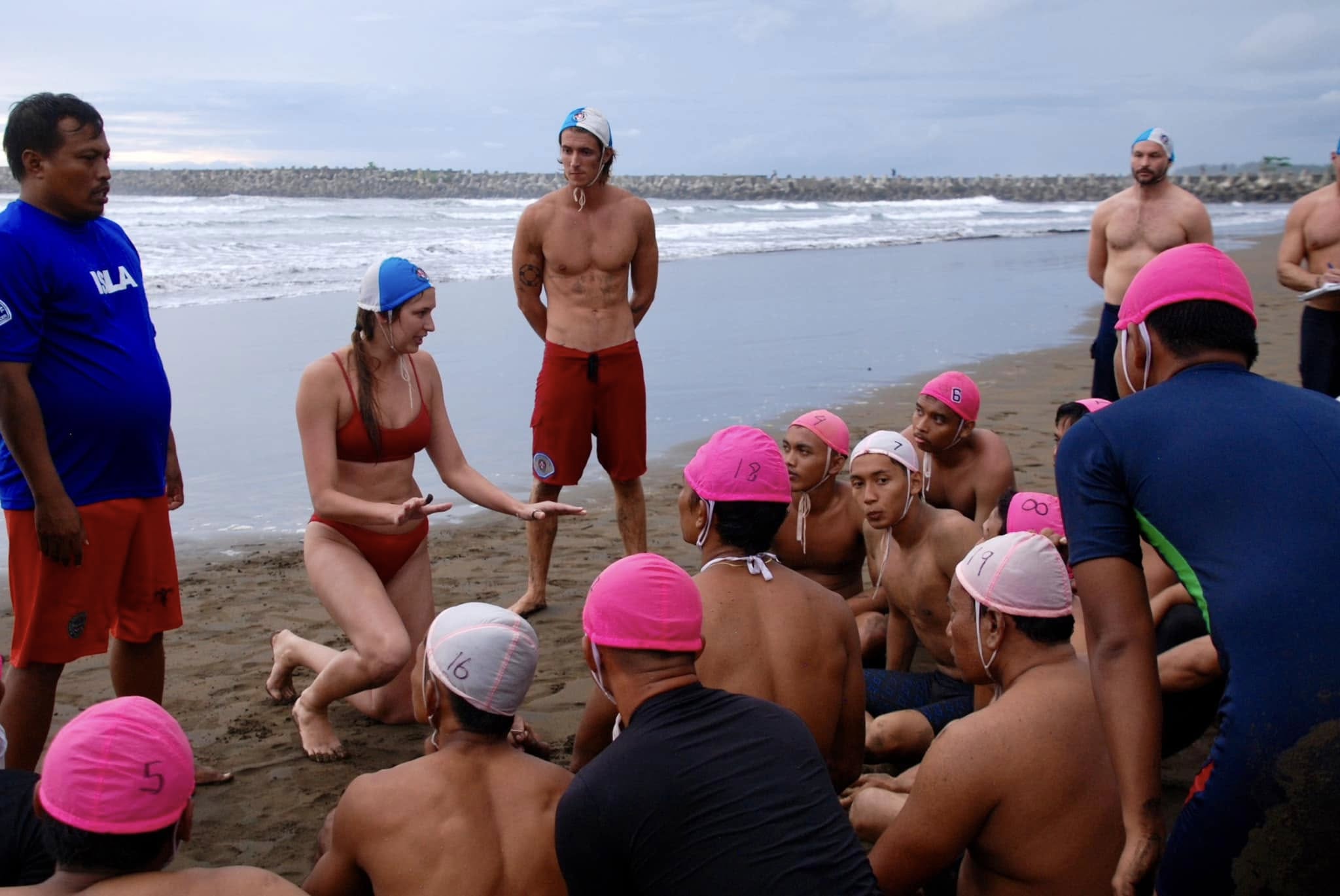
The ISLA Standard
Every aspect of the academy—from formations and physical drills to lectures and water rescues—was meticulously planned to ensure seamless execution. A professional appearance, disciplined approach, and consistent effort transform lifeguard training into a well-oiled operation that saves lives.We closed the operation with our signature chant: Who are we?!? – ISLA! Who are we?!? – ISLA! What do we do?!? – Look Good!!!